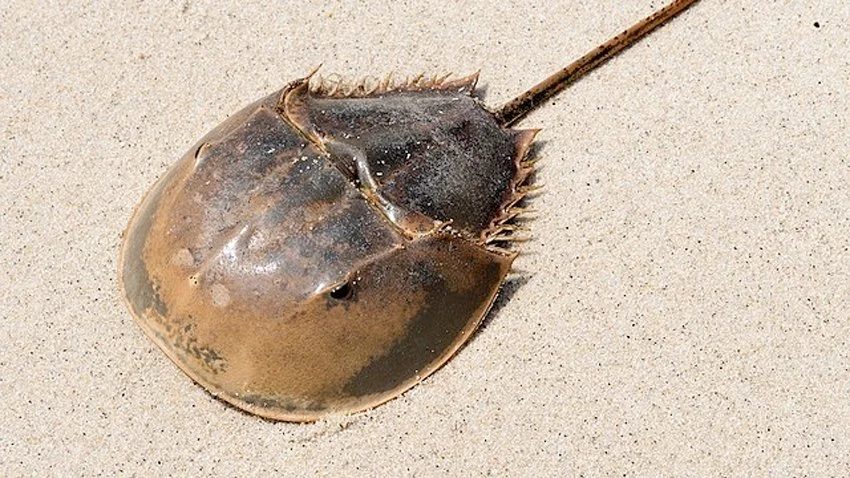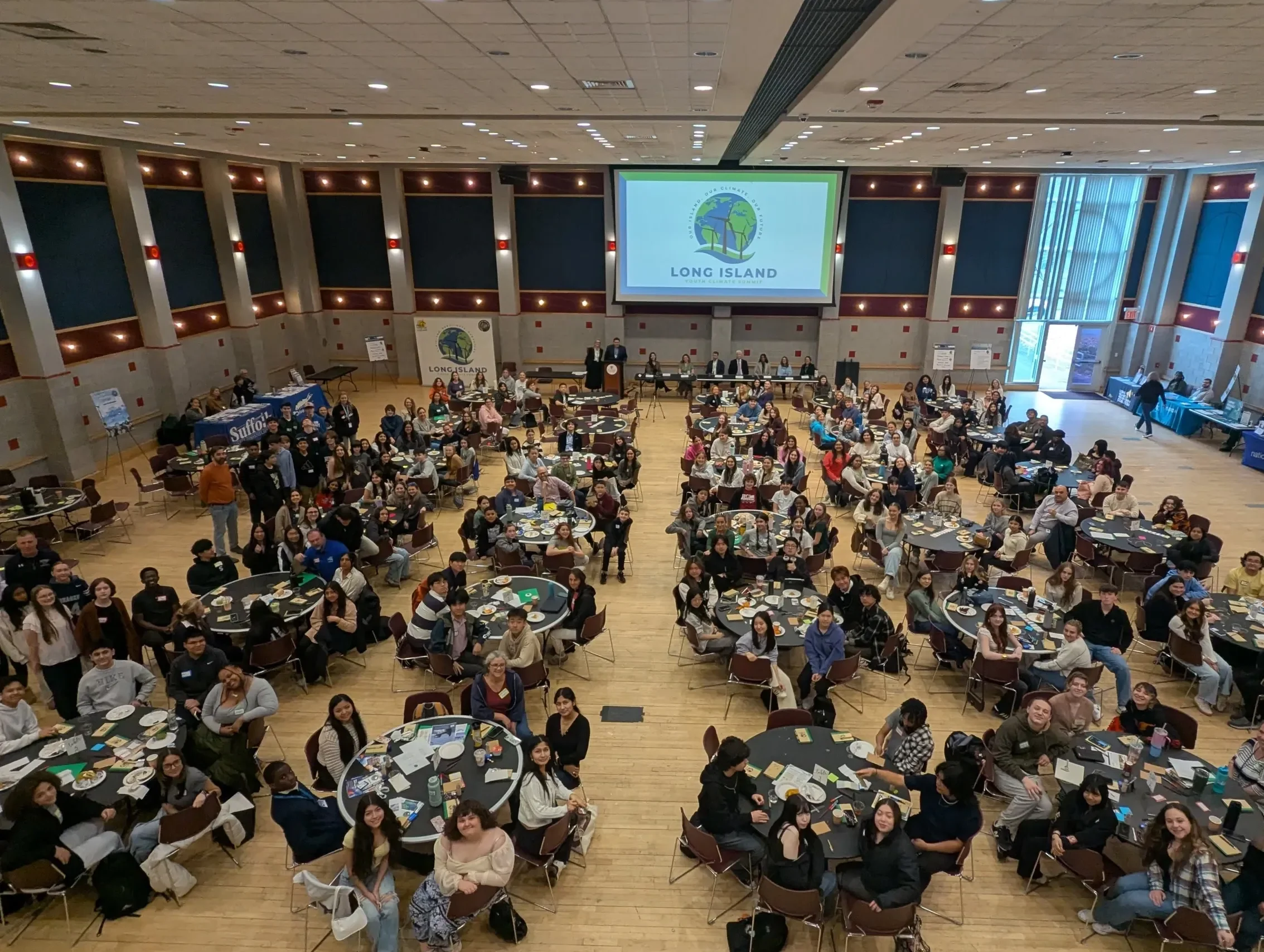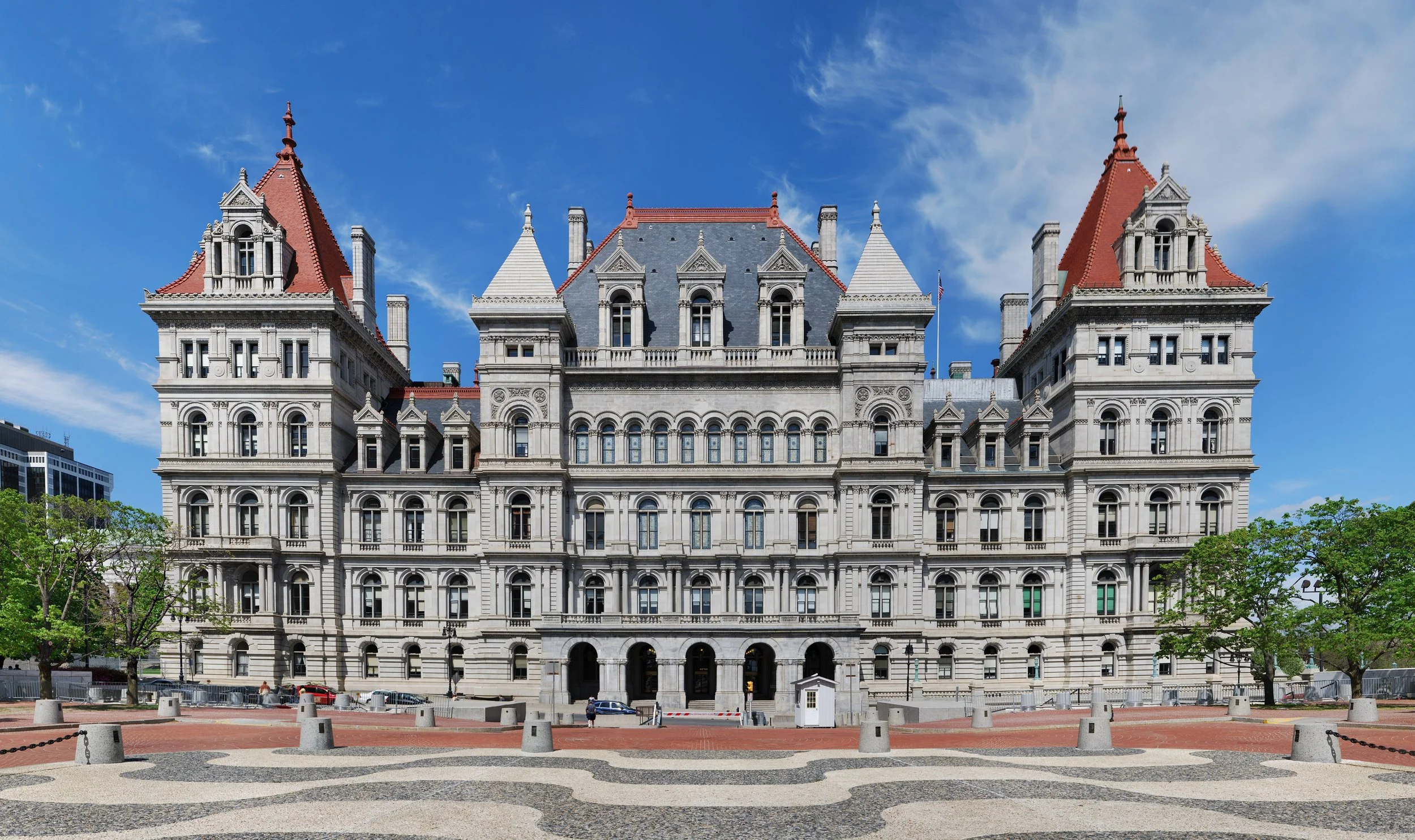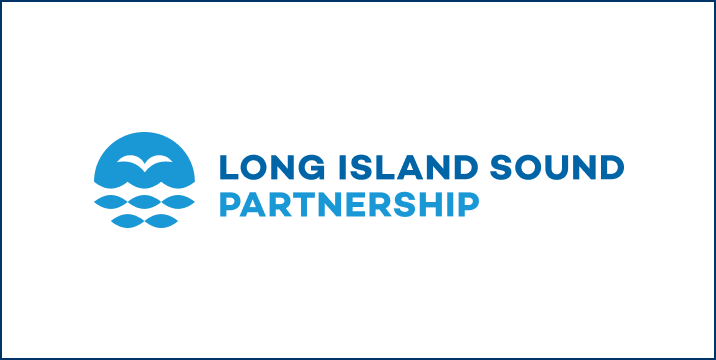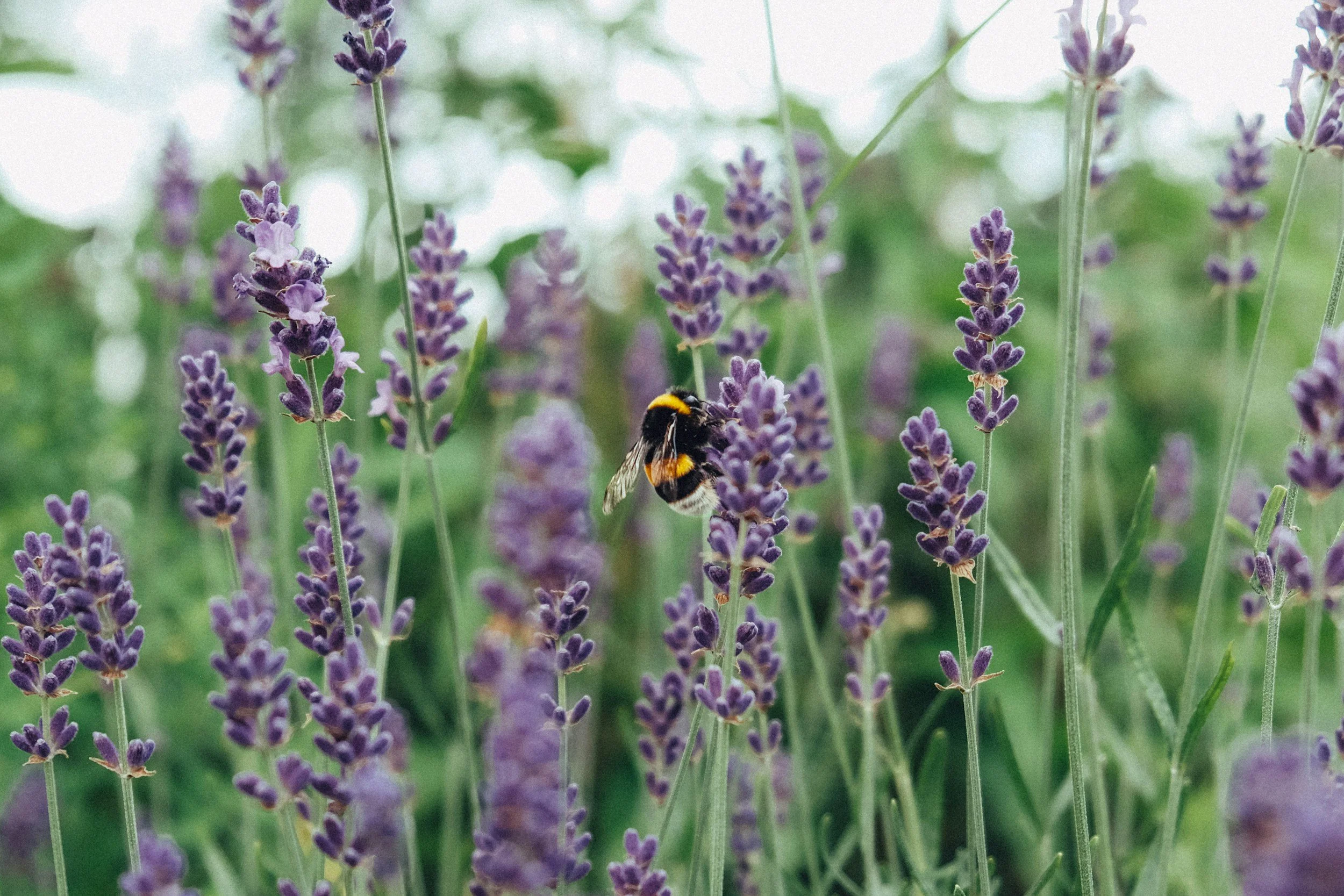Great Lakes Cheese often polluted Ischua Creek, data shows
It has been nearly a month since the New York State Department of Environmental Conservation began investigating wastewater discharge from Great Lakes Cheese that likely killed tens of thousands of fish and countless other aquatic species in Ischua Creek.



